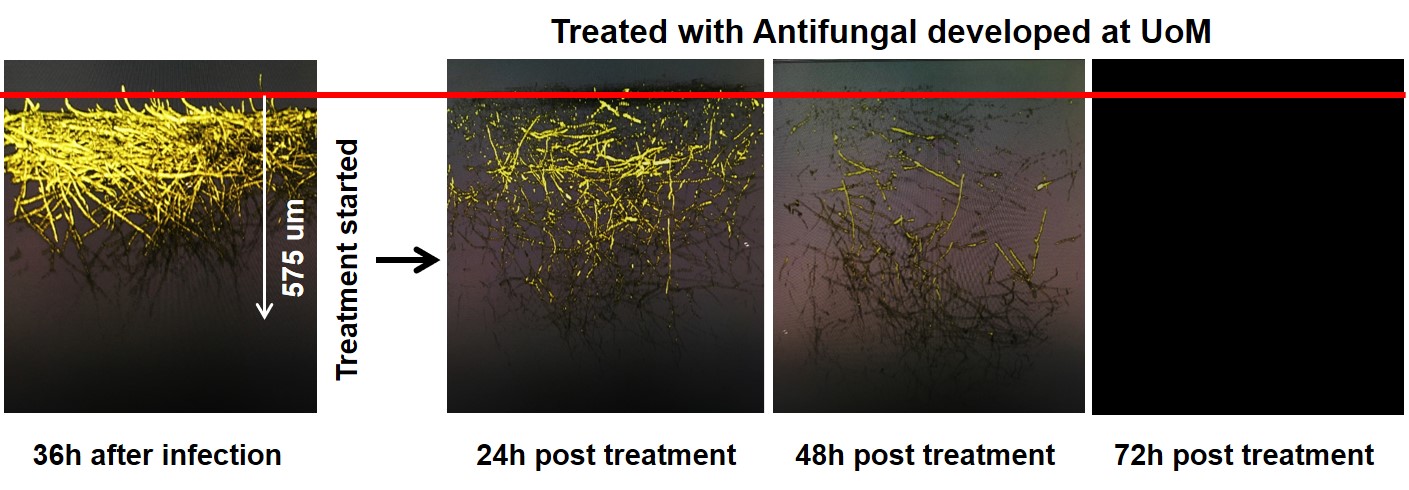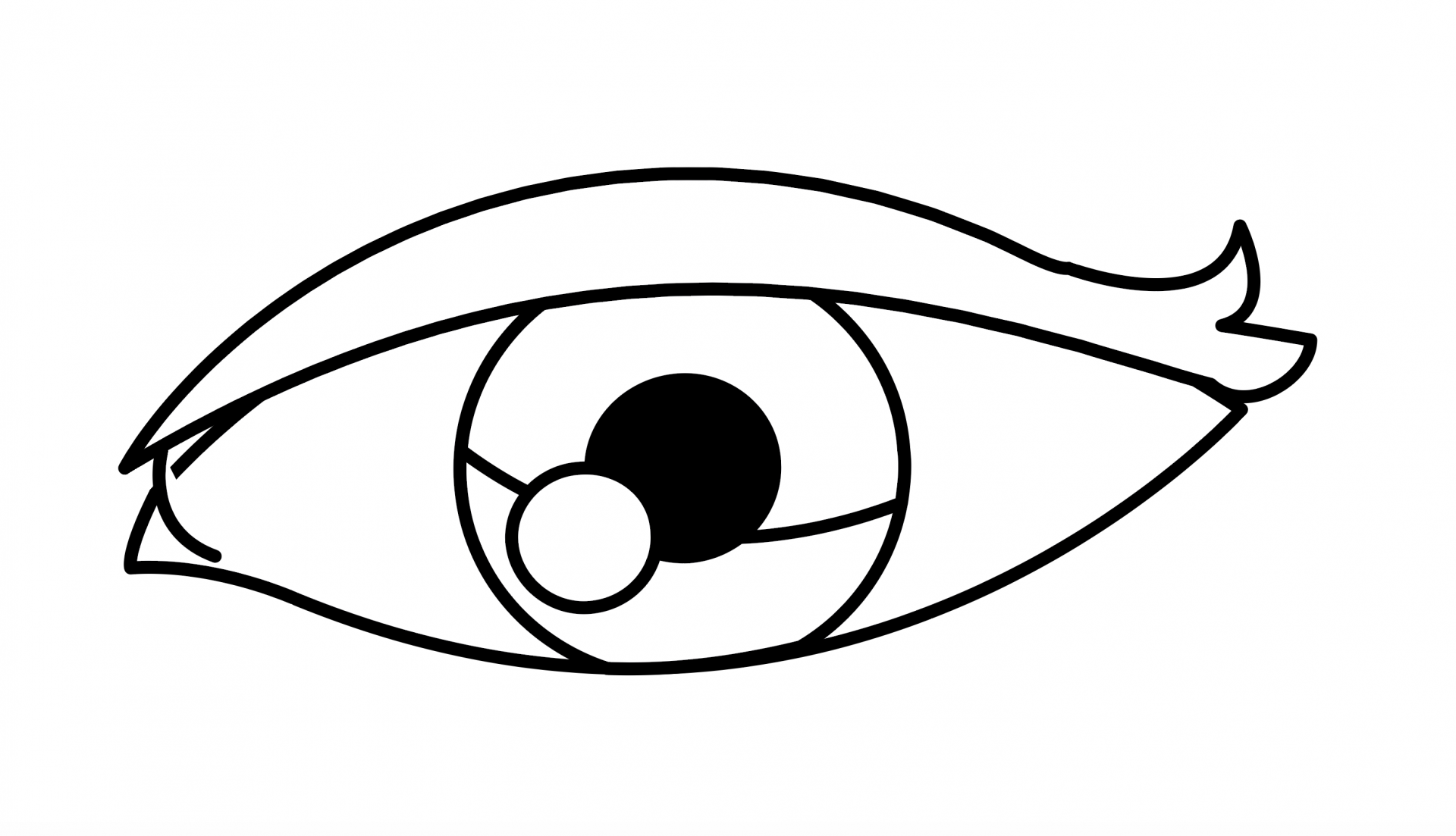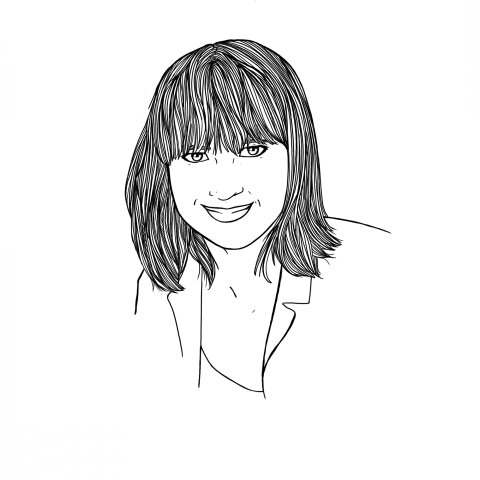This new technology can be the quick and accurate intervention needed to prevent vision loss

Fungal keratitis or fungal corneal infections is a world-wide disease, with a higher incidence in tropical and subtropical countries. Fungal keratitis can develop quickly from an eye injury or contact lens use. It can cause blindness if it is not treated.
In some cases, treatment cannot restore vision, and permanent vision impairment or blindness may occur. Therefore, a rapid identification of the causal agent is absolutely critical for a correct treatment to be correctly provided to patients.
However, the diagnosis is often delayed because of the poor availability of infected material from the cornea and the slow growth of a large number of fungi in routinely used culture media. Early intervention is therefore not always possible and the patient’s vision is often lost.
Current diagnosis of fungal keratitis relies on a comparative evaluation of corneal biopsy or scraping using a direct microscopy and culture results. These methods not only carry the risk of developing complications due to the invasive tissue sampling but also are largely limited by diagnostic speed and accuracy, making it difficult to initiate timely appropriate antifungal therapy.

Recent advances in molecular biology techniques have opened the door for culture-independent diagnostic methods. One such technique is PCR, which has been shown to be useful for the culture-independent diagnosis of various microbial infections, including mycoses. However, a successful amplification of fungal DNA from the corneal scrapings by PCR still require at least a 48 h post-inoculation period.
The University of Manchester have developed a highly specific and sensitive diagnostic tool, consisting of a fluorescently labelled compound, which enables a rapid and reliable detection of fungal keratitis, without using any special or costly medical equipment. The technology can be easily introduced and adapted worldwide for point of care use.
The team are currently planning clinical trial of the compounds.





